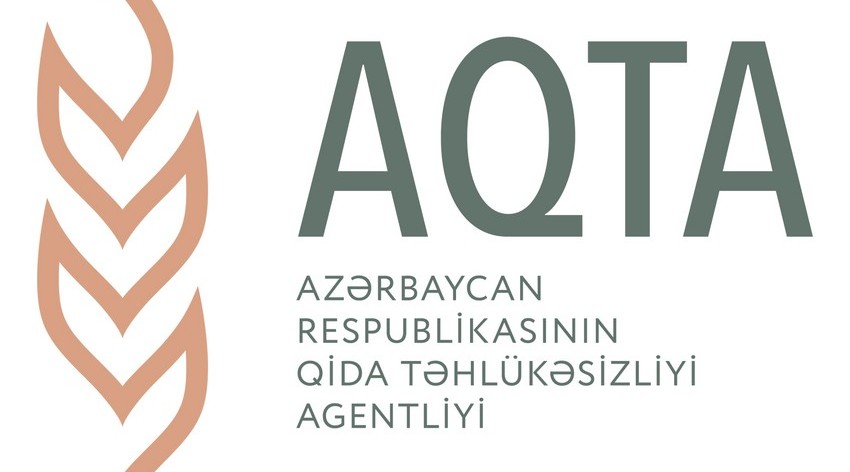AQTA: "Meat that does not pass veterinary control threatens human life"

Azerbaijan Food Safety Agency (AQTA), in accordance with the Decree of the President of the Republic of Azerbaijan "On Regulation of Animal Slaughter Activities" of June 11, 2018, in order to prevent slaughter of animals on the streets and on the roadsides, where slaughtering of animals is prohibited. meets veterinary-sanitary and sanitary-hygiene standards. Conducts regular raids together with representatives of the Ministry of Internal Affairs and regional executive authorities.
Qazet.az reports according to the information provided by AQTA that , samples were taken during the raids and subjected to examinations at the Azerbaijan Food Safety Institute.
Inconsistency was detected in 241 of the submitted meat samples. E.coli, Salmonella, Streptococcus, Escherichia coli bacteria and anaerobic bacteria were detected in the samples. In addition, horse meat DNA was detected in some meat and meat products offered to consumers as beef and veal.
It should be noted that foodborne zoonotic diseases usually occur during human consumption of food products of animal origin contaminated with microorganisms. Suffice it to mention the fact that more than 60% of infectious diseases among humans worldwide are caused by zoonotic infections.
Anthrax, one of the most dangerous zoonotic diseases, is a dangerous acute septic disease of many agricultural and wild animal species and humans, characterized by septicemia, damage to the skin, intestines, lungs, lymph nodes and death of infected animals. Colibacteriosis is a zoonotic disease that manifests itself in septic, enterotoxic or enteric forms in all kinds of agricultural and wild animals as well as in birds. Salmonella, which is the causative agent of dangerous food infections, is considered one of the main causes of food poisoning and spreads widely if hygiene and hygiene rules are not followed during the production or consumption of animal food products. Especially poultry products are the main carriers of this type of bacteria.
